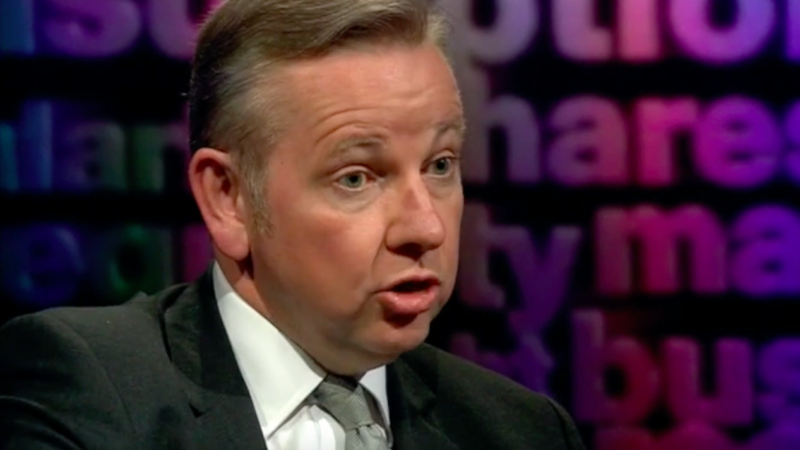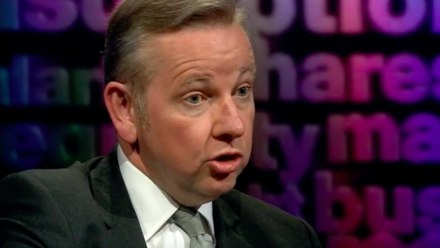

Owen Jones wrote a thoughtful article recently in which he defended Labour for accepting Brexit. He covered electoral triangulation, far-right extremism, and fundamental problems with referenda. Much of what he wrote was spot on. The problem is, like almost all Brexit debate, it looked backwards, not forwards. And here’s why that matters.
The past is positive
Democracy, like all government, requires the acquiescence of the people. Support might push a strategy or policy to the top of an agenda, but it needs public agreement if it is to last. And this breaks down sometimes – leading, for example, to the poll tax riots.
For the most part, though, we acquiesce to the broad will and direction of our democracy – whatever the direction of the day – and as Jones pointed out in different terms, Labour acquiesced brilliantly at the 2017 election.
Against press animosity, minimal business backing, and almost all pundits’ expectations, Labour did well when voters shifted along Brexit lines, and we must not ignore why.
The Tories said they would take Britain out of the EU. That attracted Leave supporters but repelled Remain supporters. The ongoing attacks by the Brexit party and press alike probably entrenched this further.
Labour meanwhile acquiesced to Brexit, so it benefited from Remain supporters voting against the Brexit party, without losing all Leave supporters who would abandon Labour if it were simply the pro-Remain party.
And we must not forget that while some people are very vocally Brexit or Remain, most people are somewhere in the middle and are – for the most part – just acquiescing. So well played Labour.
The future is harder
Labour should continue to acquiesce – both for votes, and because acquiescence to a referendum result is to a certain extent moral. But rather than look backwards to when Keir Starmer’s six tests were sufficient, we must look forwards – to when Brexit takes shape and acquiescence gets harder.
For example, consider the criticism of Jeremy Corbyn for not supporting an initial discussion on single market membership. There is a real irony here in that the criticism comes from Remainers and Corbyn pointed out what the Brexiteers denied – i.e. that the single market is not a separate joinable entity.
Ironic or not, that Remainer criticism matters. As others make better play of being Remain parties – we lose our default “not the Brexit party” position. And worse is to comes as Brexit ceases to be an abstract concept.
Broadly acquiescing to a referendum result and the word “Brexit” was possible in 2017 but soon we will have to choose between enabling or blocking a specific Tory Brexit.
That isn’t acquiescence – it is support or opposition. And it could alienate millions of either Brexit or Remain voters who chose Labour in 2017.
Democracy works
Fortunately, as a social democratic party, there is a natural solution.
To encourage acquiescence, democracy has three simple tools: Scrutiny, consensus, and the bin.
- Scrutiny: proper scrutiny, even when the public doesn’t pay attention, reassures us that government cannot easily do something nefarious, corrupt, or dumb.
- Consensus: debate reshapes things into a form that a large enough number of people can live with, rather than imposing the will of narrow interests.
- The bin: Fundamentally, democracy allows any decision or policy to be reversed if it turns out badly.
Without scrutiny, consensus, and a bin, acquiescence dies – which is why dictators use guns. But all three rest on the notion of “the next election”.
The missing link
Without another election, scrutiny can be laughed off by a government that doesn’t need to stay popular.
Without another election, consensus falters because government need only keep its interests on side.
Without another election, there is no prospect of binning a government to reverse bad policy.
And we see all that now with Brexit.
So the government fixates on powerful extreme views from MPs and party-donors. Meanwhile, scrutiny becomes meaningless because exposing problems to an excluded public achieves nothing and offers no prospect of reversing a decision.
The question of timing
Labour won’t support the Tory Brexit. We would lose millions of votes to Lib Dems and Greens, be blamed for all the ills of Brexit, and be credited with none of its successes. It will also, probably, be abhorrent to us anyway.
But if we oppose it, we lose millions of votes to the Tories.
So when do we propose a ratification referendum and acquiesce again to the will of the people?
Well, we have proposed putting the customs union and single market access back on the negotiating table. If that moderate Brexit is the real goal, then we should propose a ratification referendum now, and reinstate the moderating influences of scrutiny, consensus, and the bin.
If our plan, on the other hand, is to give the Tories sufficient rope to hang themselves and Brexit – we should wait.
What we must not do, is kid ourselves that we don’t face this choice.




More from LabourList
‘Labour’s quiet quest for democratic renewal’
‘Labour promised to make work pay. Now it must deliver for young people’
‘Council Tax shouldn’t punish those who have the least or those we owe the most’